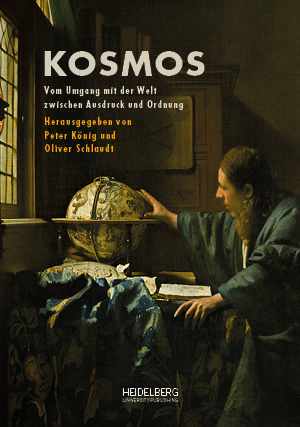Zitationsvorschlag
Identifier (Buch)
Veröffentlicht
Die ästhetische Artikulation der Natur bei Alexander von Humboldt
Abstract In his monumental, extremely popular work of old age— Cosmos. A Sketch of the physical description of the universe (1845–1862)— Alexander von Humboldt wanted to describe the whole of nature from an objective scientific as well as a subjective aesthetic standpoint. The paper deals with the question of how the uniqueness of this “sketch,” which fluctuates between science and art, can be interpreted. The keywords “popularization of the sciences” and “rhetorical strategy of representation” are only of limited use in characterizing the originality of Humboldt’s work. Instead, the book is—according to a central thesis of this essay— the result, not least, of a confrontation with central ideas of Francis Bacon regarding the pathos of science and the partition of knowledge, and their historical aftermath. Against this background, Humboldt’s concepts of “thinking contemplation” and “poetic description of nature” and, overall, his artistic goals become clearer.
Keywords Alexander von Humboldt; Francis Bacon; thinking contemplation; poetic description of nature; pathos of transgression; memory; imagination; rationality; daguerreotype; art; science







